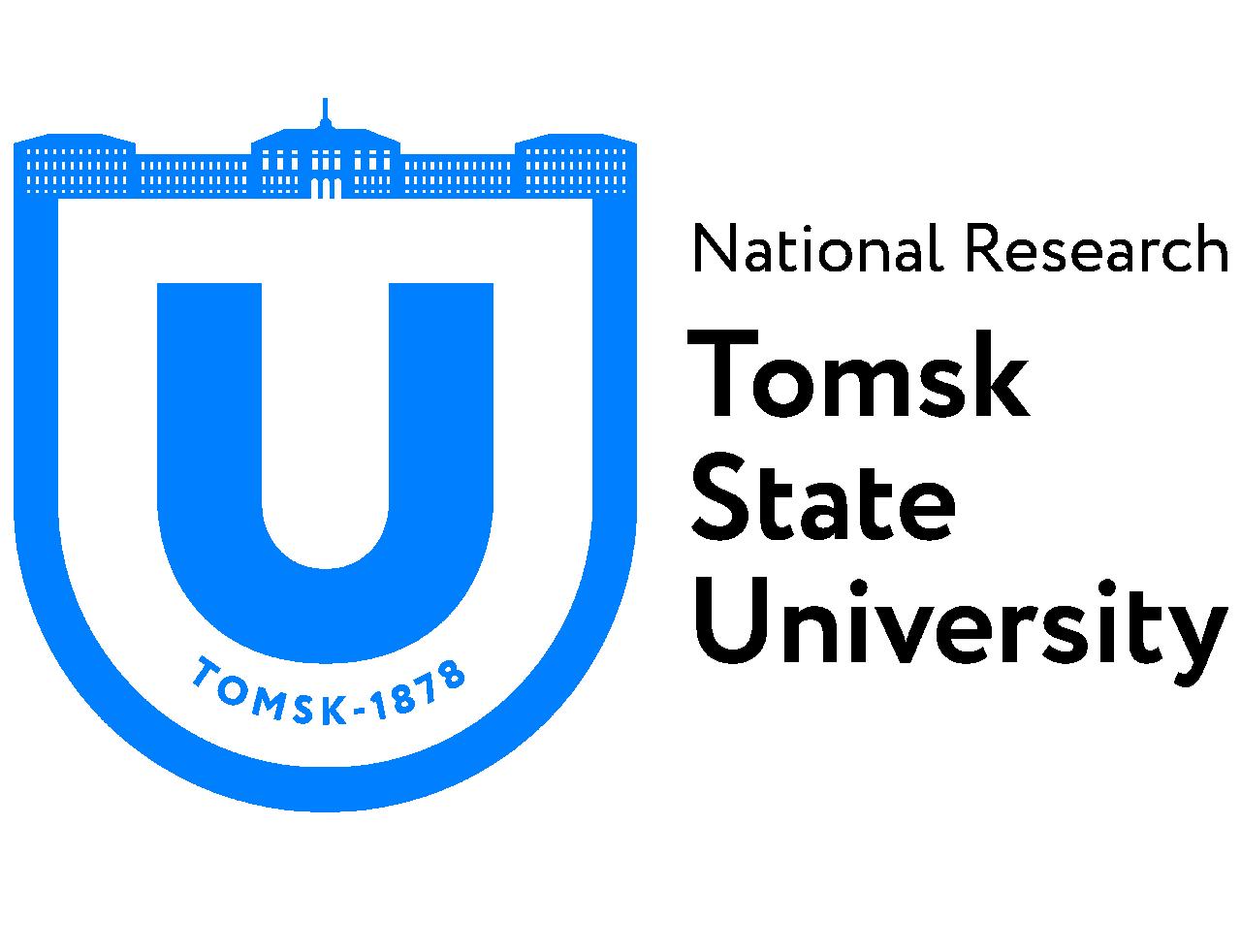Tomsk State University: TSU will examine the Kolva River and plan restoration
TSU Biological Institute scientists will examine the Kolva River drainage system under an agreement with LUKOIL-Komi Company. In 2021, the river was polluted by an accident. The scientists will use a TSU-developed technology, Aeroschup, to investigate the bottom sediments in 200 kilometers of the river. If this demonstrates the need for it, TSU scientists will develop a plan for restoring the river’s ecosystem.
“After the hydrocarbon leak, moving oil was cleaned from the surface, but there is a possibility that some part of it settled on the bottom of the river. That is why LUKOIL-Komi decided to examine the river’s condition,” said Danil Vorobiev, head of the Institute. “To conduct this examination, we will use Aeroschup technology that allows us to quickly assess the pollution level and map out the parts of the river examined.”
Meanwhile, the scientists will collect more than 600 samples of bottom sediments, hundreds of macrozoobenthos (invertebrates living on the river bottom), and zooplankton. These beings are used as biomarkers and by analyzing them the scientists can assess the level of pollution and its influence on the ecosystem.
“The river is a dynamic system, and so the pollutants usually settle in oxbow lakes and estuaries,” explains Danil Vorobiev, “We are going to pay close attention to them. After the laboratory analysis is completed, we will report the full results to LUKOIL-Komi. If some areas of the river are polluted, we will plan rehabilitation. We intend to start assessment in June 2022.”
This is not the first joint project of TSU and LUKOIL-Komi. In 2021, the partners cleaned the Maly Voivozh stream and its bottom. After the water underwent treatment with innovative technologies and hydrocarbon-oxidizing microorganisms, the level of hydrocarbons decreased drastically. The project received the Vernadskiy Foundation award in the field of saving ecosystems and biodiversity.
“LUKOIL-Komi is oriented toward ecological nature management, and therefore we cooperate closely with the Russian science centers that develop innovative technologies for monitoring and rehabilitating nature,” states Andrey Koptelov, head of the environmental conservation division of LUKOIL-Komi. “We chose Aeroschup because the Federal Service for Supervision of Natural Resources (Rosprirodnadzor) recognized Aeroschup as the most effective and safe tool to assess and clean bottom sediments from oil.”
In January 2022, Aleksander Golovanov presented the Kolva River assessment project to Rosprirodnadzor’s council for science and technology.
TSU Biological Institute is a leader in developing and implementing tools and technologies in cleaning bottom sediments of water bodies from oil and oil byproducts. Currently, TSU has more than 25 patents for technologies that allow assessing and rehabilitating rivers, lakes, and streams.

